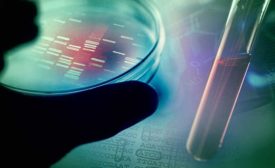Methods
Rapid Testing Methods—Still a Necessary Part of Food Safety?
Due to the well-known risks of working with pathogens in an in-plant food laboratory, there has been a dramatic shift to outsourcing for pathogen samples
December 12, 2023
EFSA's WGS System: Enhancing Food Safety in the EU by Connecting Genomic Data
The establishment of a comprehensive surveillance program that harnesses the benefits of WGS requires a coordinated approach within the framework of One Health
October 6, 2023
Never miss the latest news and trends driving the food safety industry
eNewsletter | Website | eMagazine
JOIN TODAY!Copyright ©2024. All Rights Reserved BNP Media.
Design, CMS, Hosting & Web Development :: ePublishing

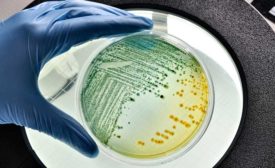

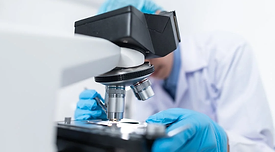

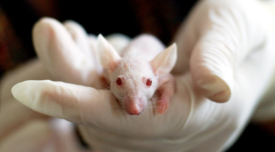
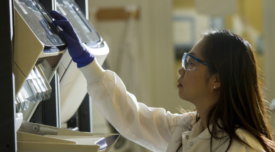
.png?height=168&t=1699369261&width=275)

